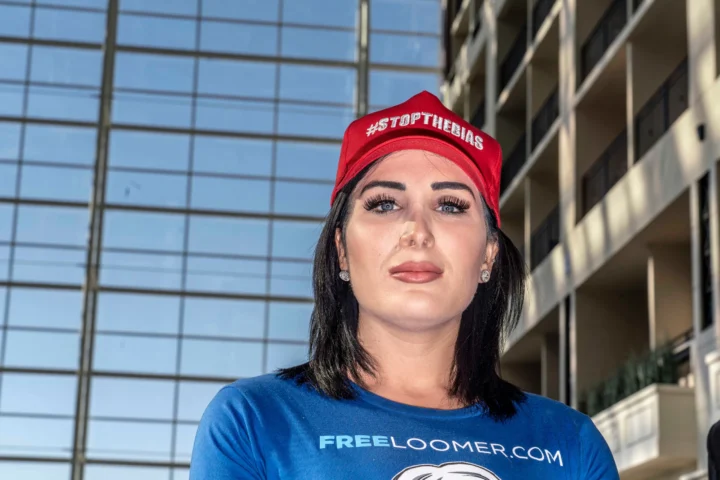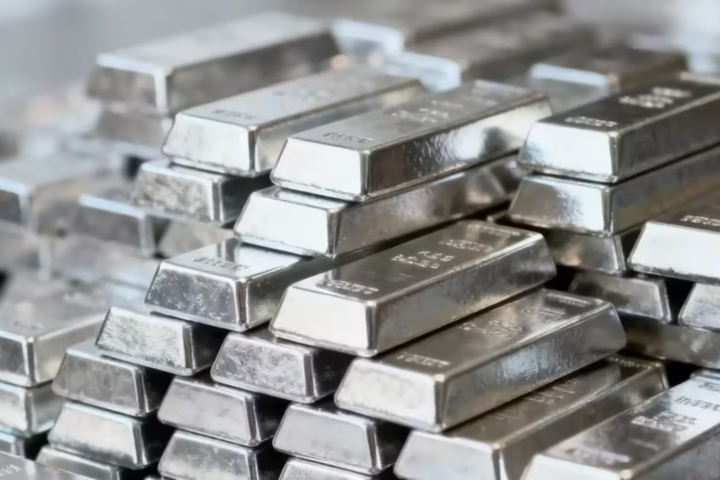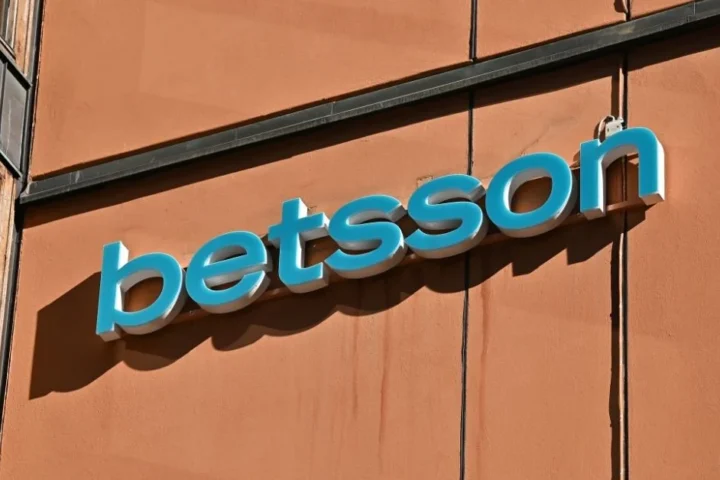Lithium-ion cell manufacturing is expected to increase in the upcoming years, according to a report by Denver-based Clean Energy Associates (CEA), a sustainability advisory firm.
According to the report, the Inflation Reduction Act (IRA) has made North America the region with the fastest-growing scheduled battery cell manufacturing industry by the end of 2022. As a result of high costs and unfavourable policies, Europe saw several battery manufacturing projects delayed or abandoned while North America overtook them.
According to CEA’s assessment, China will continue to dominate the world market for battery manufacture, but its market share will decrease over the next few years. Nevertheless, CEA anticipates a 186 percent, or three times, increase in worldwide battery cell manufacture by 2025.
The news has recently focused on a number of North American investments. A 35 gigawatt-hour plant for the manufacturing of lithium iron phosphate cells will be built in Michigan by Ford in collaboration with CATL. Building a battery factory in South Carolina with a 30 GWh yearly capacity will be done in partnership between Envision AESC and BMW. By the end of 2022, New York state’s first gigafactory will be officially opened by Canadian company Electrovaya.
In addition to the $7500 federal tax credit that consumers may be eligible for, there are various incentives for manufacturers to increase their investments. For instance, the law permits battery modules to qualify for a credit of $10 per kilowatt hour of capacity or $45 for a battery module that does not use battery cells, as per the IRA. In contrast, battery cells can qualify for a credit of $35 per kilowatt hour of capacity.
According to a different Axios study, Tesla is anticipated to receive $1 billion in tax credits for batteries in 2023 alone as a result of the new EV-friendly regulations.
The IRA rules will be advantageous to companies like Ford and GM as well. Between 2023 and 2026, Ford anticipates receiving $7B in tax credits, but GM will save approximately $300 million in tax savings this year. Axios said that battery producers might earn up to $2.45 billion a year if they produced 70 kWh batteries for a million vehicles.
The developments indicate a more promising future for electric vehicles in the US, and the rising sales appear to reflect this.






